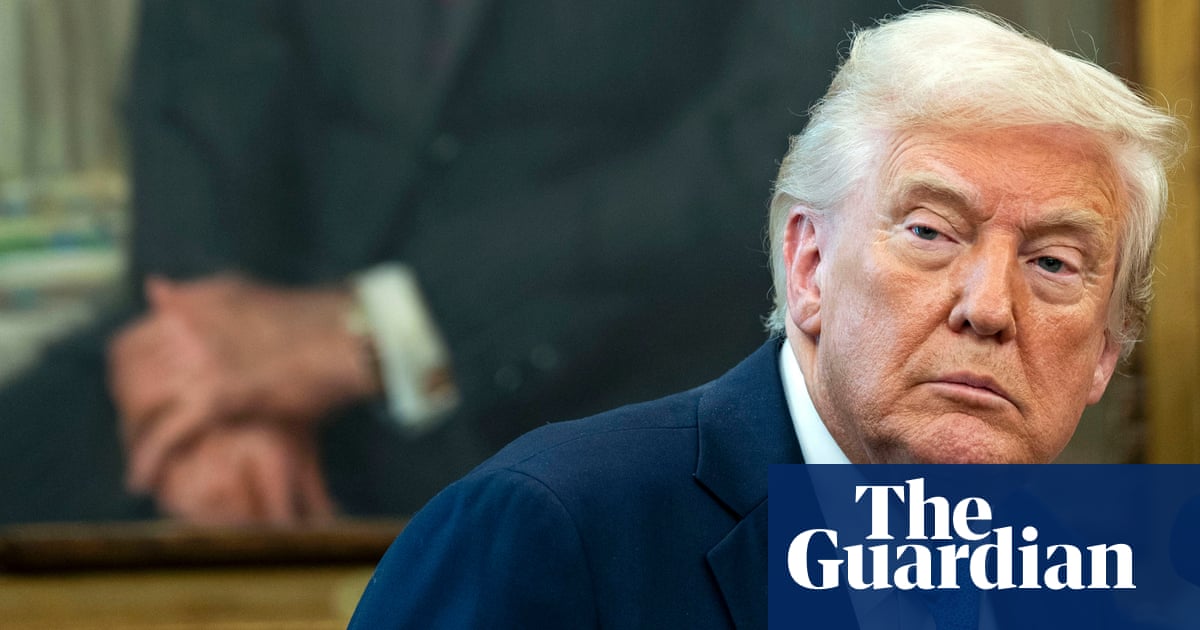- cross-posted to:
- [email protected]
- [email protected]
- cross-posted to:
- [email protected]
- [email protected]
Donald Trump said during a White House news conference that high tariffs on goods from China will “come down substantially, but it won’t be zero”.
Trump’s remarks were in response to earlier comments on Tuesday by treasury secretary Scott Bessent, who said that the high tariffs were unsustainable and that he expects a “de-escalation” in the trade war between the world’s two largest economies.
The US president said that the final tariff rate with China would come down “substantially” from the current 145%.
“It won’t be that high, not going to be that high,” Trump said.
China’s government was yet to respond to the news, but has consistently criticised Trump’s tariffs. On China’s social media platform, Weibo, Trump’s remarks trended under various hashtags including “Trump admitted defeat”.
Trump has shown no public indications that he plans to pullback his baseline 10% tariff, even as he has insisted he’s looking for other nations to cut their own import taxes and remove any non-tariff barriers that the administration says have hindered exports from the US.
China on Monday warned other countries against making trade deals with the United States that could negatively impact China.



Arnaud on this
The US possibly no longer being able push other countries’ economic policies around is a much bigger deal than people realize